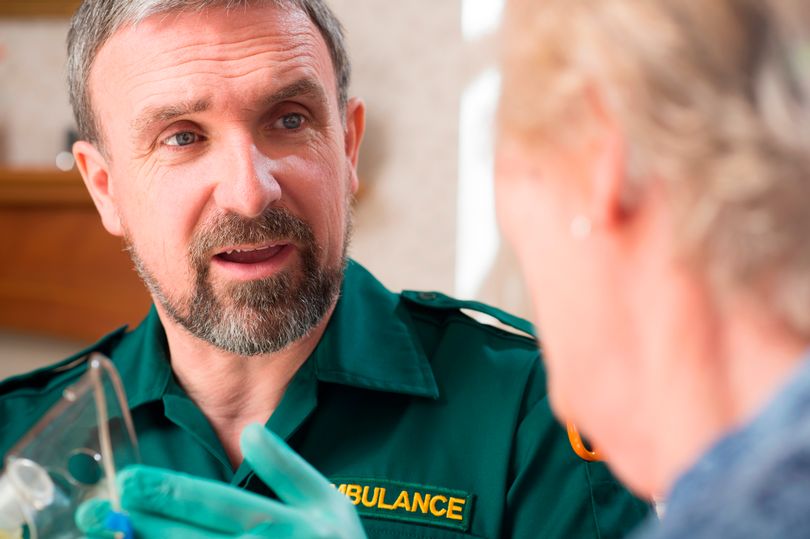So I’m wholeheartedly behind an initiative to train 700 experienced paramedics to prescribe drugs. Especially as GPs are struggling to keep up with increasing demand for appointments from an ageing population with complex health problems.
With many posts across the country remaining vacant, GPs are under increasing strain.
Between March and September last year the number of GPs fell by 166 despite pledges from the Government to add 5,000 GPs by 2020.
Up to now paramedics have been able to give medicines only in special circumstances, and they require written instructions from a doctor.
As many as seven out of 10 patients seen by paramedics may need help but don’t necessarily need to be taken to hospital.
They include elderly people with urinary tract infections, people who require pain relief for back problems or asthma patients who could be given steroid tablets.
Director of acute care at NHS England Keith Willett said: “When a GP interrupts a surgery to carry out an urgent home visit it stops them seeing six or more patients.
“Home visits by advanced paramedics can free up doctors to respond to other people.”
Simon Stevens, chief executive of NHS England, is also in favour, and said: “Increasing the treatments offered by paramedics closer to people’s homes is another significant step in transforming emergency care.”
Rachel Power, chief executive of the Patients Association, said the move would mean participants could start treatment without delay, which for some will be critical.
And Ron Daniels, chief executive of the UK Sepsis Trust, said: “Timely identification and treatment of sepsis can mean the difference between life and death, so better access to health professionals who can make accurate diagnoses and prescribe antibiotics is important.”
Helen Stokes-Lampard, head of the Royal College of GPs, said prescribing is a complex skill but paramedics are part of a properly regulated profession and the rules are very strict.
She added: “As long as paramedics have the necessary qualifications, the college fully supports this new legislation, which could have a positive impact on both patient care and pressures facing the wider NHS.”
Advanced paramedics are already being used for home visits in pilot projects.
Gerry Egan, chief executive of the College of Paramedics, said: “Independent prescribing legislation is a huge endorsement of the paramedic profession.”
I’ll second that!

